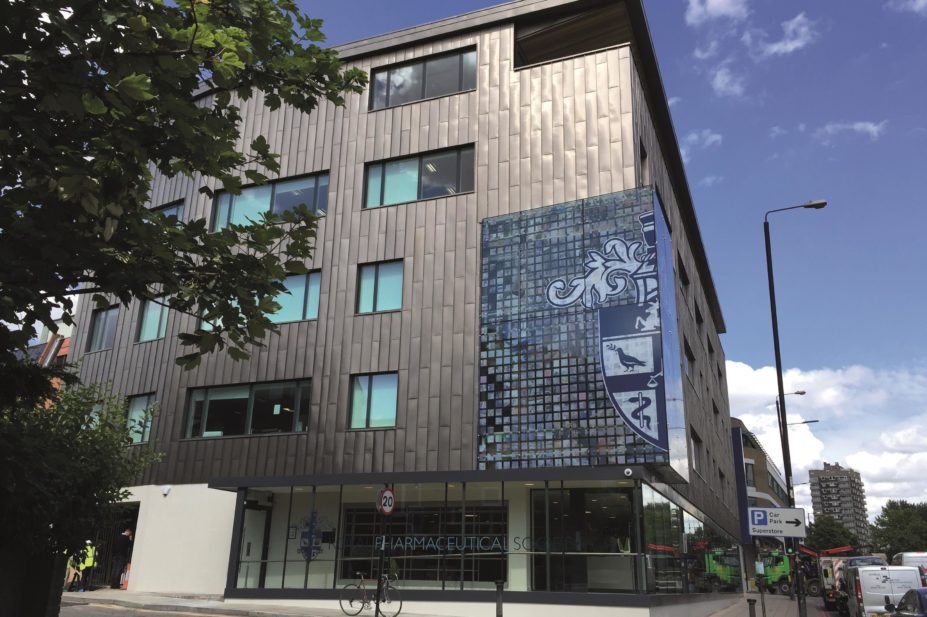
Royal Pharmaceutical Society
Pharmacy organisations have warned of barriers to developing a “just culture” within the NHS in their responses to NHS Improvement’s proposals for a new patient safety strategy.
The Community Pharmacy Patient Safety Group (CPPSG) and the Pharmaceutical Services Negotiating Committee (PSNC) also expressed concerns that NHS Improvement’s proposals were focused too much on secondary care and should also consider other healthcare settings, including community pharmacy.
In response to an NHS Improvement consultation, which closed on 15 February 2019, the Royal Pharmaceutical Society (RPS) said the development of a “just culture” in the NHS was inhibited by several factors, including a lack of awareness of the need to distinguish human error from at-risk or reckless behaviour; historical and culture barriers; policies based on punishment of human error; and fear of authority such as the regulator or employer.
The CPPSG and PSNC also said that an understanding of what a “just culture” meant in practice was not clear to all healthcare professionals, and that previous experiences of unjust treatment could affect an individual’s approach to open reporting and sharing behaviour in future.
The CPPSG said it was vital that all undergraduate programmes for healthcare professionals embed patient safety throughout learning, rather than teaching it as a standalone or bolt-on module. The PSNC recommended that organisations ensure that learning is built into the training of all relevant staff and that the public be provided with information to drive better understanding of the actions that are taken when incidents occur.
It also said that feedback following the reporting of incidents was essential to drive improvement and motivate staff to keep up reporting activity, and that financial incentives delivered through NHS contracts could support ongoing engagement and continuous improvement in practice.
The RPS said that success measures and progress indicators for safety would be valuable so that teams and organisations could monitor whether they are on the right track.
The RPS, the PSNC and the CPPSG welcomed NHS Improvement proposals to develop a Patient Safety Incident Management System to build on the National Reporting and Learning System and the Strategic Executive Information System. However, the RPS said that reports from the professional regulators should be included as “there is learning to be had from these as well”.
The PSNC also suggested the introduction of a safety alert system, similar to that in the recently announced changes to the GP contract, where alerts are distributed directly to community pharmacies so that they are always received in a timely manner.
The RPS said that it “strongly supported” proposals to develop a network of senior patient safety specialists, which could include pharmacists, but said that the specialists should be a minimum band 8a or have the equivalent skills and knowledge of patient safety culture.


